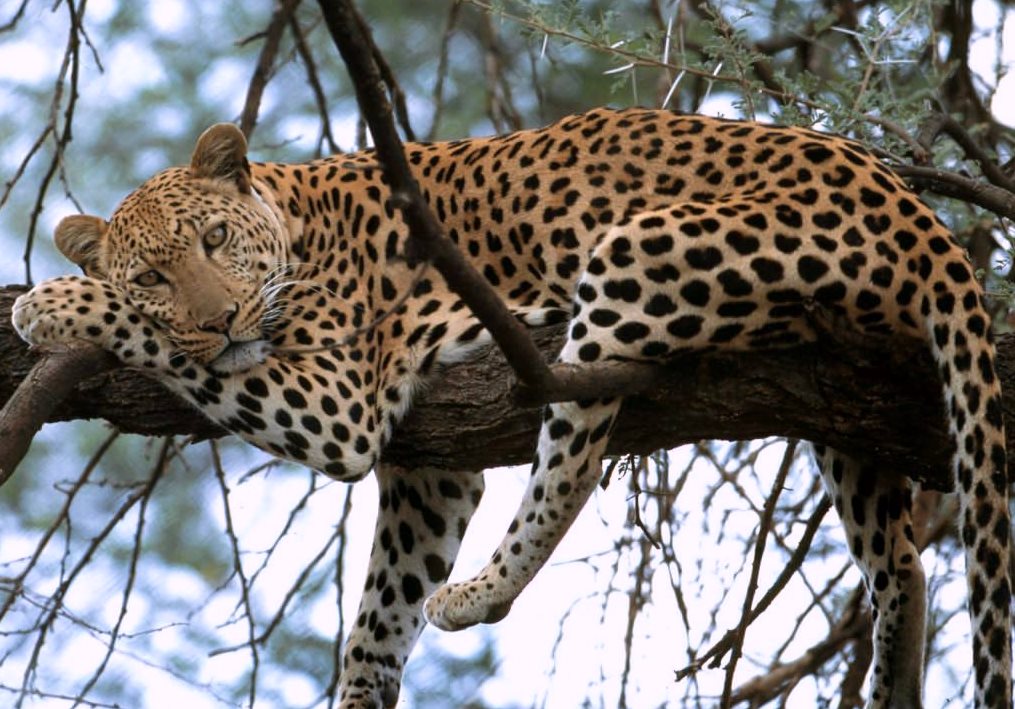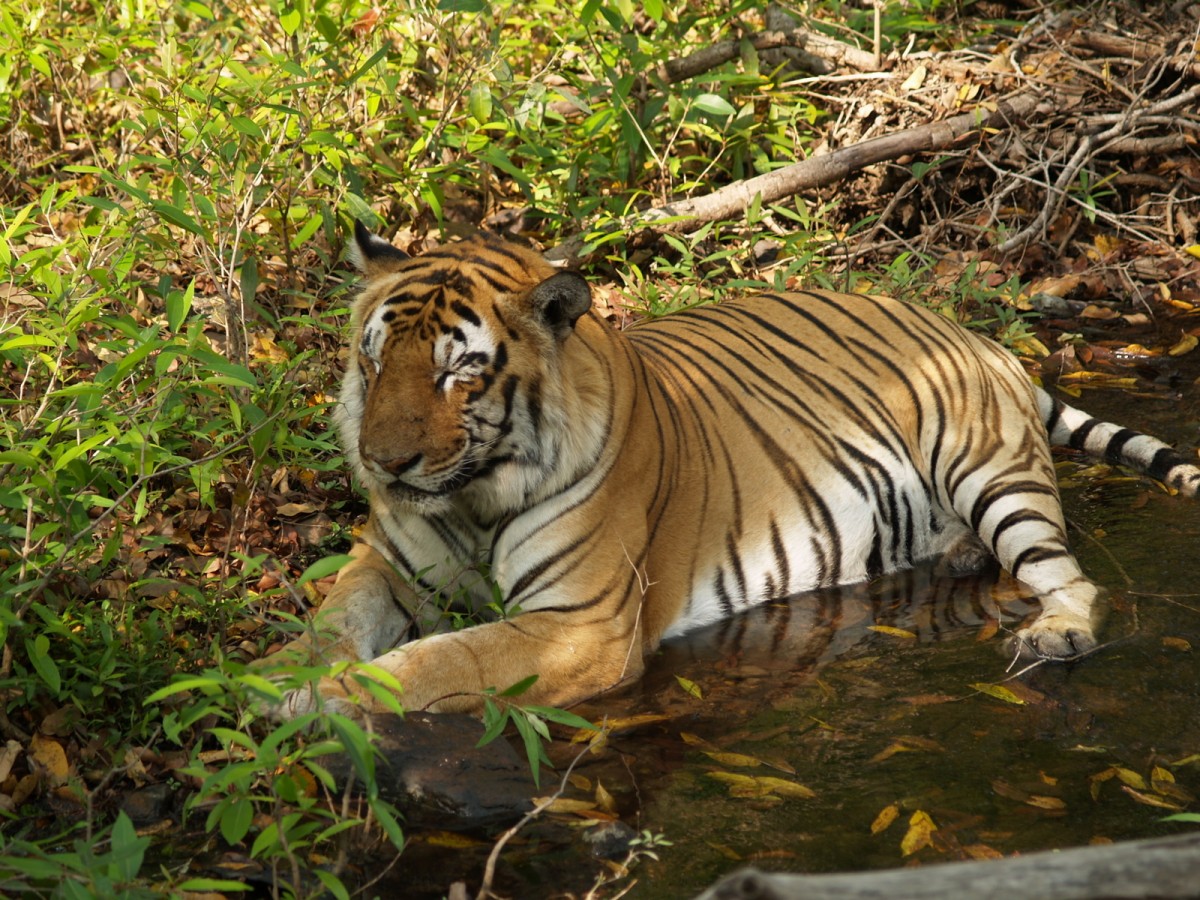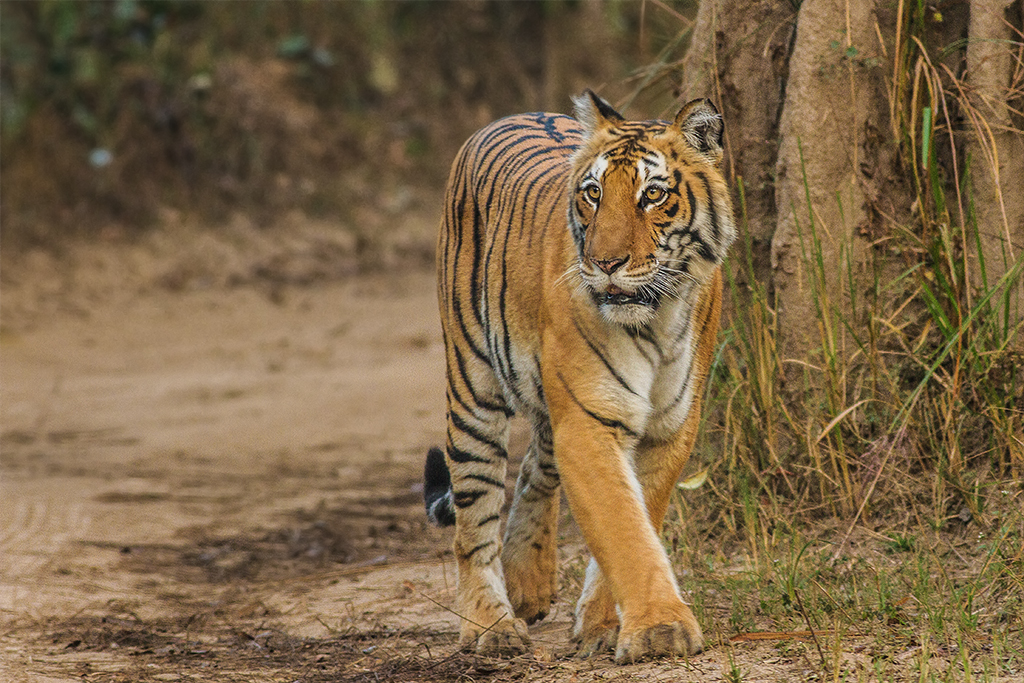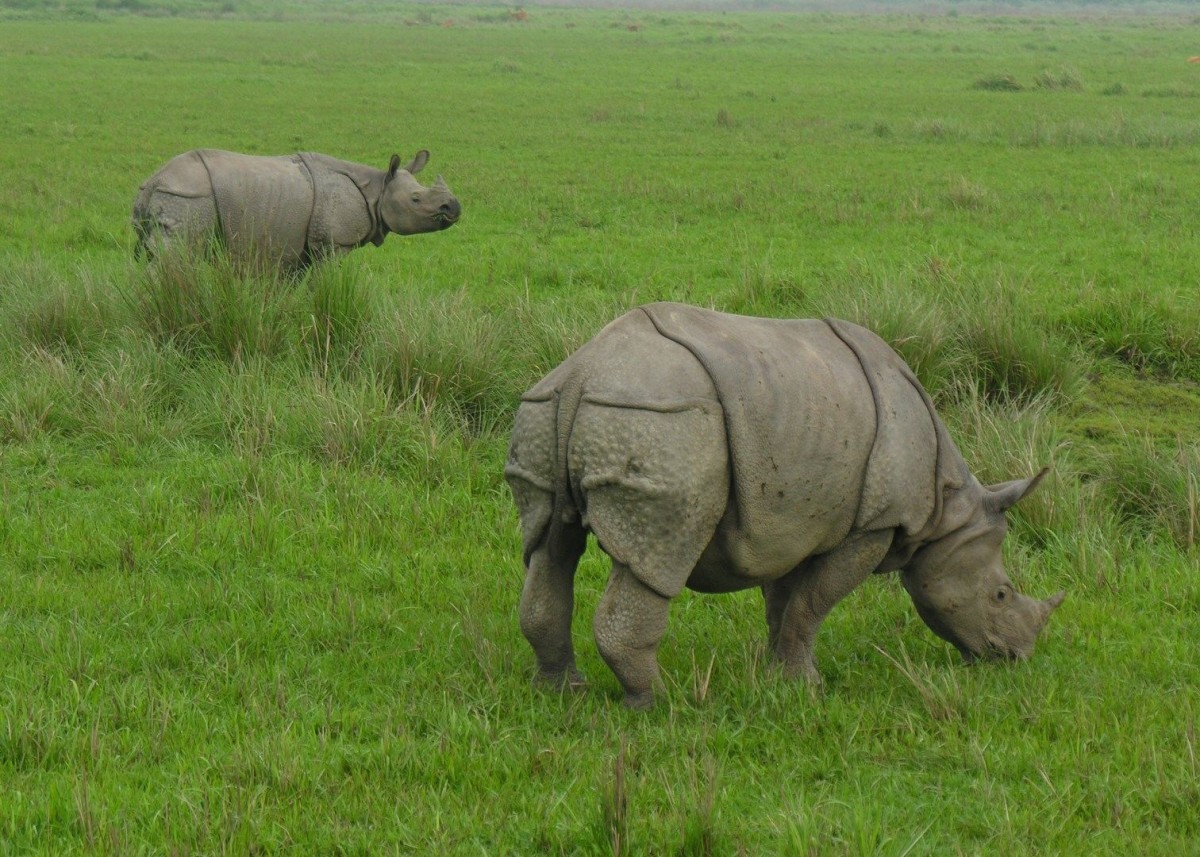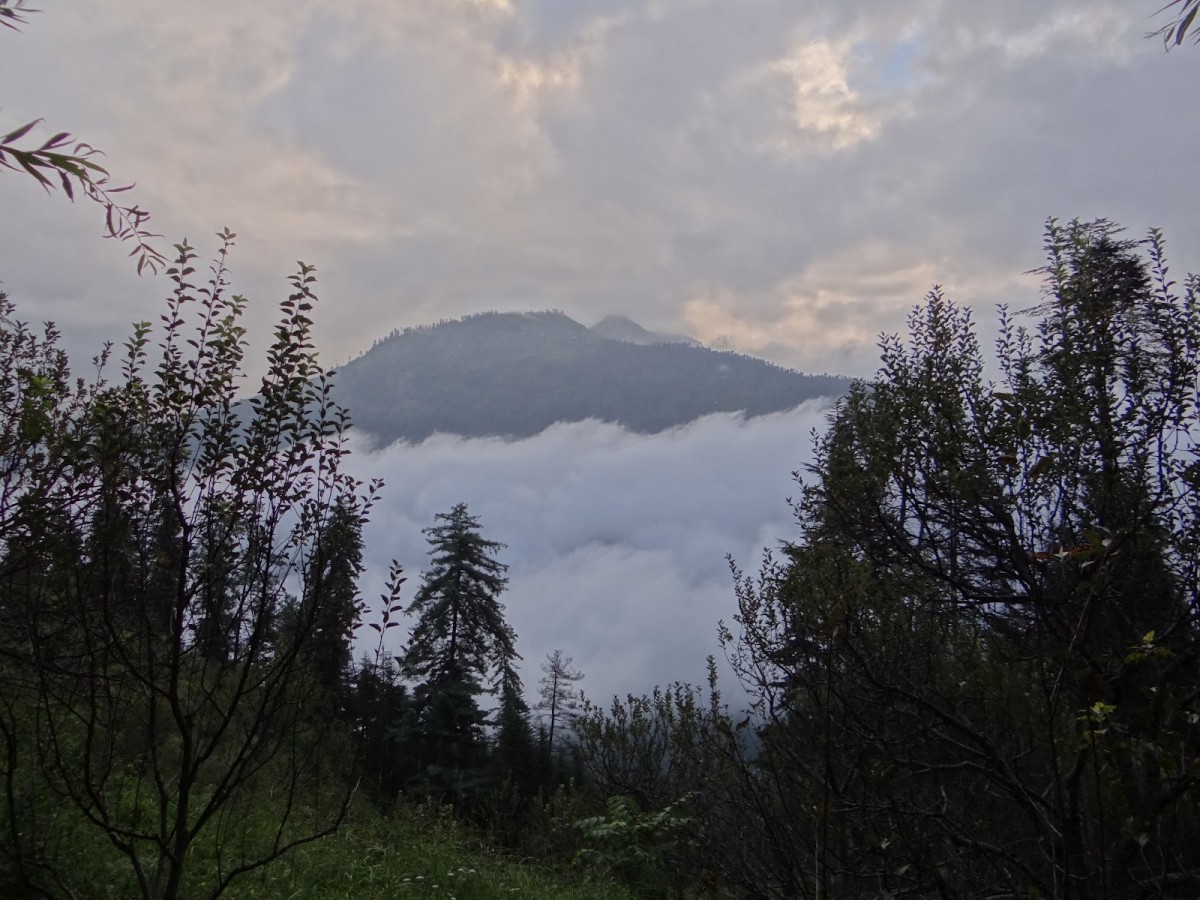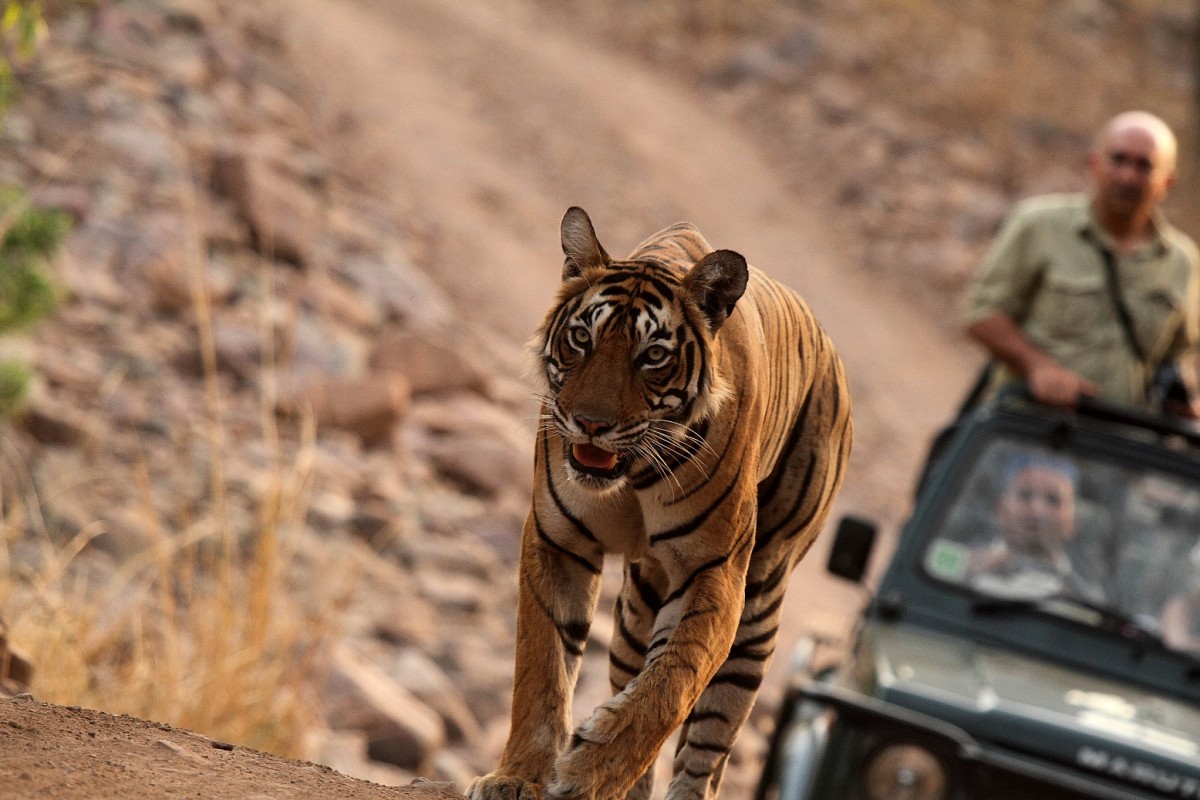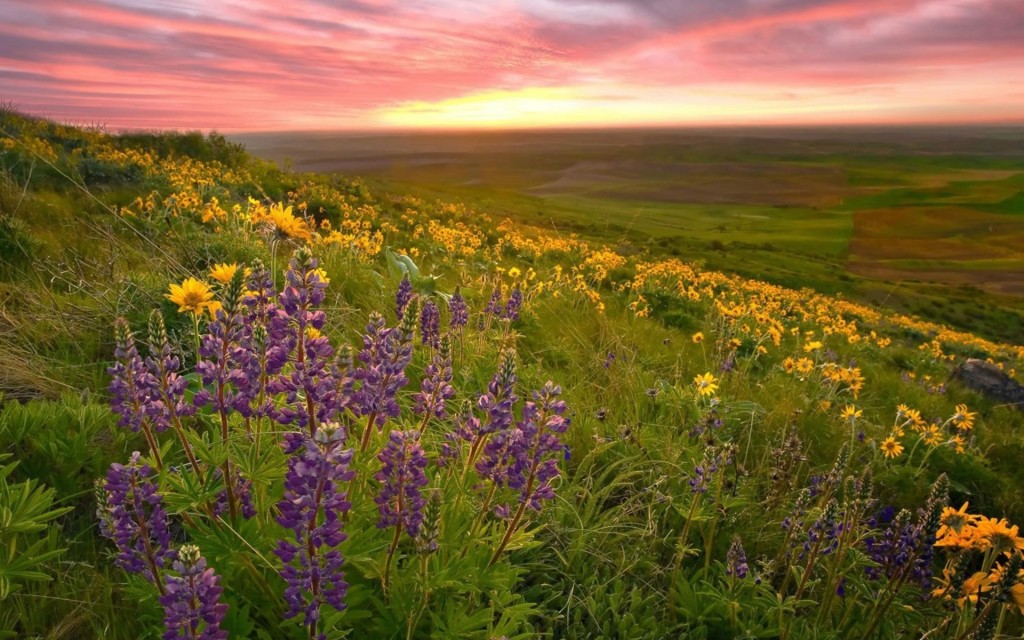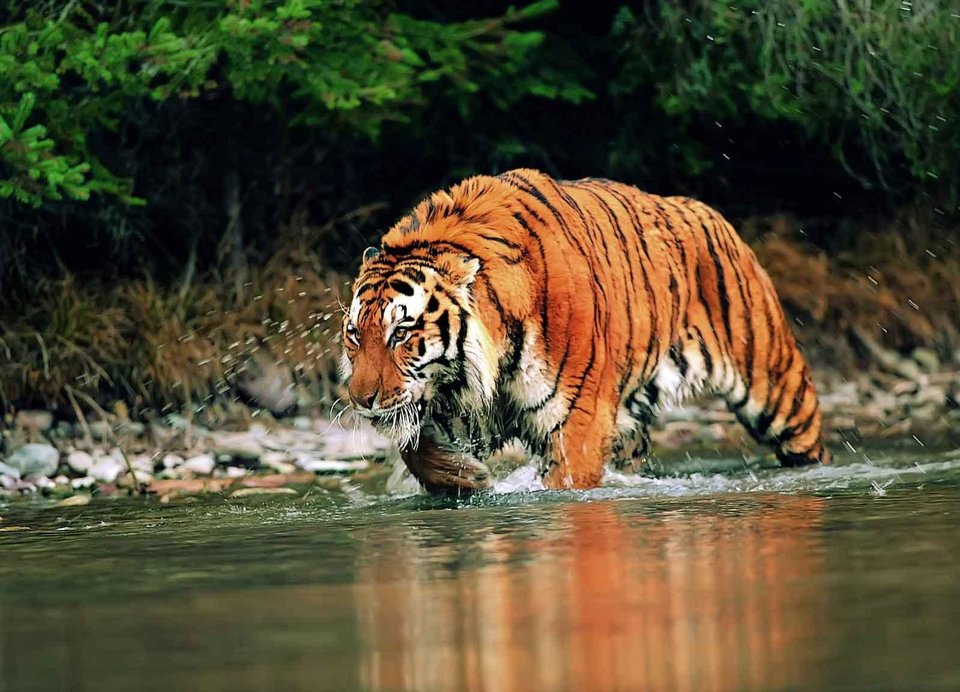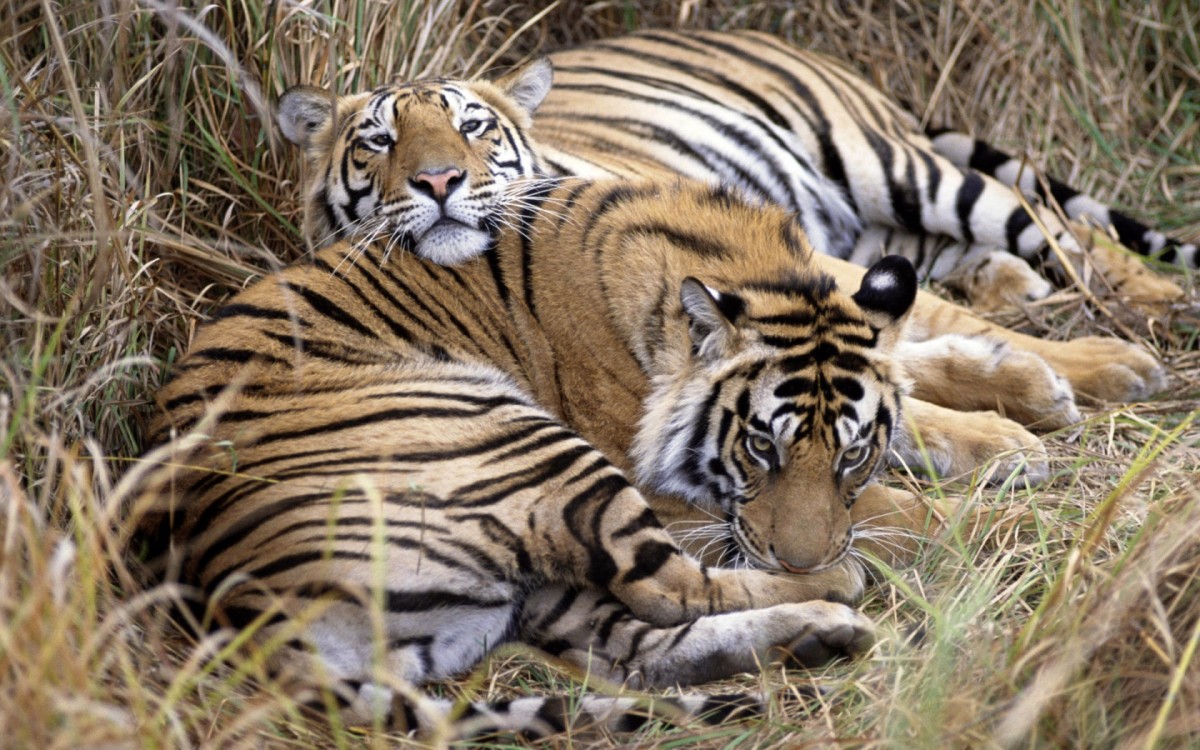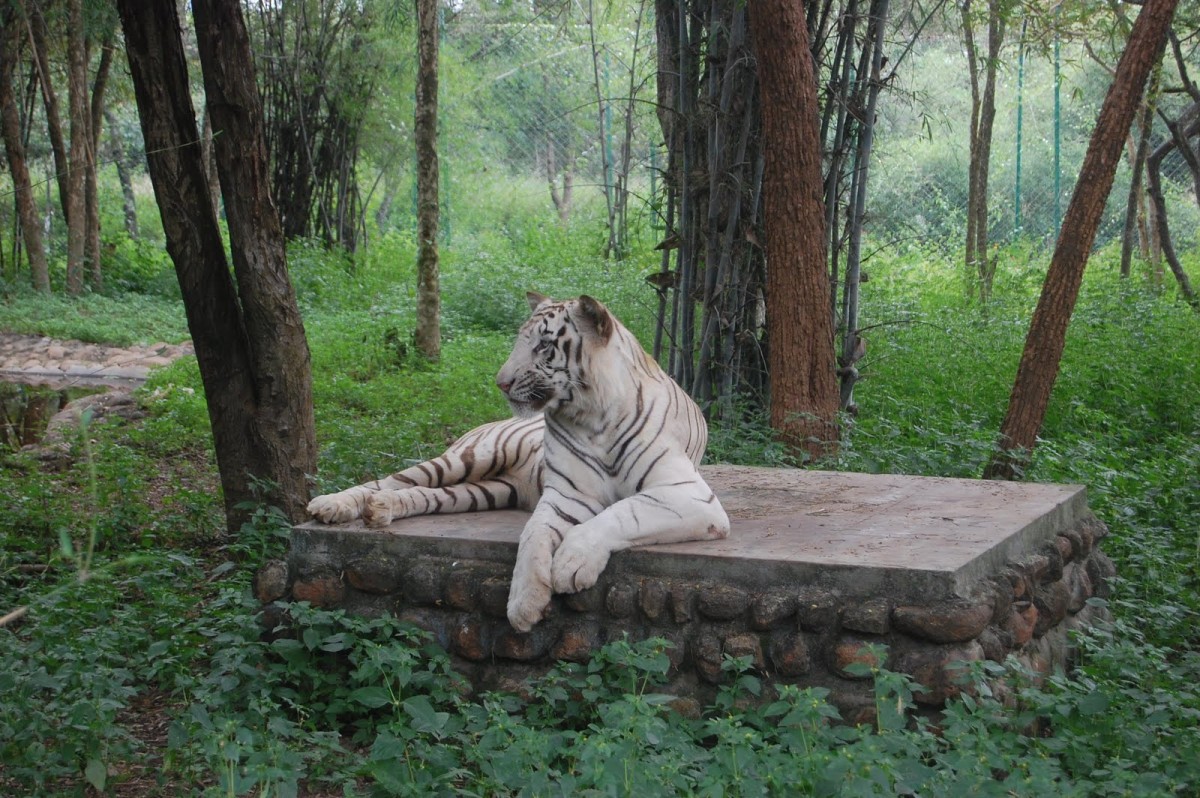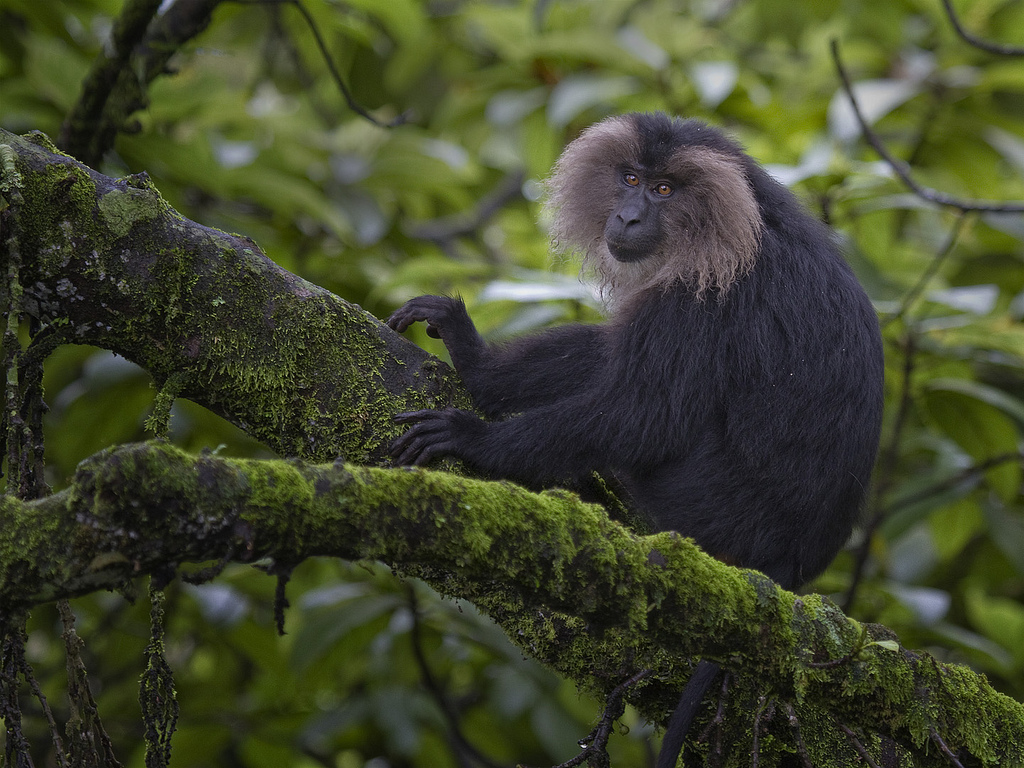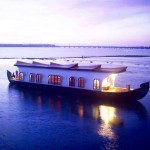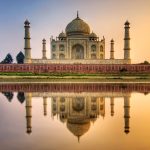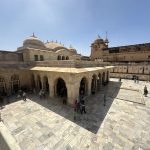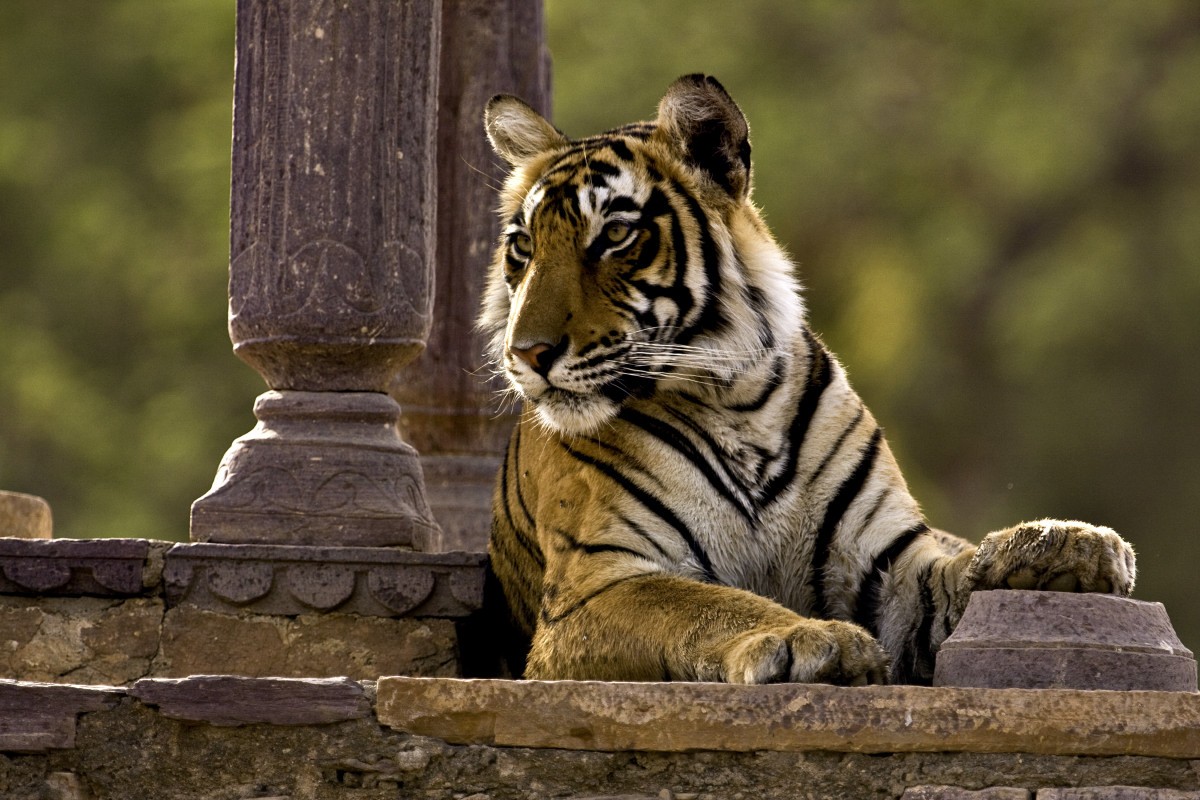
Ranthambore National Park
Park At A Glance
| IUCN Category | II (National park) |
| State | Rajasthan |
| District | Sawai Madhopur. |
| Special Status | One of the 9 Project Tiger Reserves originally set in 1973. |
| Area | 392 square km. tiger Reserve 1334.64 sq. km. Buffer 1060.14 sq. km. |
| Longitude | 76o 17’ E to 77o 14’ E |
| Latitude | 25o 47’ N to 26o 22’ N |
| Altitude | 215 m to 505 m |
| Rainfall | 800 mm |
| Temperature | Min. 4o C to Max 47o C |
| Seasons | |
| Summer | March to June |
| Monsoon | July to September |
| Winter | Nov. to February |
| Year of Notification | 1 November 1980 |
| Topography | Rocky hill lakes tanks. |
| Special Status | Tiger Reserve. |
| Reptiles | Monitor lizard. |
| Recommended Period for Visit | October – April |
| Nearest town | Sawai Madhopur (14 km.) |
| Nearest Railway Station | Sawai Madhopur (14 km.) |
| Nearest Airport | Jaipur (132 km.) |
| Accommodation | Jogi Mahal, R.S.T.D.C. Forest Lodge, Private Lodges and Hotels. |
About Ranthambore : Ranthambore National Park is in Sawai Madhopur District of Rajasthan state.Located at the junction of the Aravalli and Vindhya hill range, this is one of the finest places to view animals, especially as they are used to being stared at here.The park covers an area of

Approximately 400 sq Km and if combined it with the area of sawai man singh sanctuary area,it is around 500 Sq km.
Ranthambore national park was declared a wildlife sanctuary in 1957 and in 1974 it gained the protection of “Project Tiger”. It got it’s status of a National Park in 1981.
Ranthambore National Park is dotted with structures that remind you of bygone eras.There are many water bodies located all over the park, which provide perfect relief during the extremely hot summer months for the forest inhabitants. A huge fort, after which the park is named, towers over the park atop a hill. There are many ruins of bygone eras scattered all over the jungle, which give it a unique, wonderful and mixed flavour of nature, history and wildlife.Tigers at Ranthambore National park have been known to even hunt in full view of human visitors. These tigers are famous for being seen in the daytime too, due to their lack of fear of human presence in vehicles. This lack of fear of humans is excellent for tourists, as they get to see the tigers often.
This National park is a wildlife enthusiast and photographer’s dream. It offers excellent accommodation and internal transportation facilities. The park remains open every year from October to May.Famous for the exciting and frequent tiger sightings captured dramatically in several books, this park is today affected by ecological pressures and poaching.
In Nutshell, Ranthambore National park is a wildlife enthusiast and photographer’s dream. It offers excellent accommodation and internal transportation facilities and remains open every year from October to Mid June.
History of Swai Madhopur (Ranthambhore): The oldest settlement in the area was around the Ranthambhore fort. The exact origin of the fort is still disputed but it is generally accepted that there was a settlement at the site of the Fort, as far back as the 8th century A.D. It is widely believed that the construction of the Fort was started during the reign of the Chauhan rajput King Sapaldaksha in 944 AD. Another theory stipulates that King Jayant, also a Chauhan rajput, built the Fort during 1110 AD. It is most likely that the construction of the fort commenced during the mid 10th Century A.D. and continued for a few centuries after that.
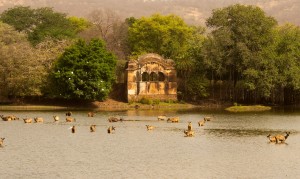
Since, the Fort controlled the trade routes between North India and Central & Southern India, it was highly coveted by the rulers of North India. The Fort had its golden moments during the reign of Rao Hammir, the last ruler of the Chauhan dynasty (1282 – 1301 AD). During 1300 AD, Ala-ud-din Khilji, the ruler of Delhi sent his army to capture the Fort. After three unsuccessful attempts, his army finally conquered the Fort in 1301 and ended the reign of the Chauhans. In the next three centuries the Fort changed hands a number of times, till Akbar, the great Mughal emperor, finally took over the Fort and dissolved the State of Ranthambore in 1558. The fort stayed in the possession of the Mughal rulers till the mid 18th century.
During the mid 18th century, the Maratha rulers of Western India were gradually increasing their influence in this region. In order to check the growing influence of the Marathas, Sawai Madho Singh, the ruler of Jaipur state, unsuccessfully, requested the Mughal emperor to hand over the fort to him. In 1763, Sawai Madho Singh fortified the nearby village of Sherpur and renamed it Sawai Madhopur. This town, which is now commonly known as the “City”, lies in a narrow valley between two parallel hills, at the South Western edge of the National Park. Two years later, the Mughals handed over the fort to the Jaipur state.
During the end of the British Raj, Sawai Man Singh, the last ruler of Jaipur state, got a railway link constructed between Jaipur and Sawai Madhopur. A railway station was built about 4 kilometers away from the Sawai Madhopur town. Gradually, a small settlement came up around the railway station. This twin of Sawai Madhopur, known as “Man Town”, has now outgrown the older “City”.
Shopping: Ranthambhore National Park is located only a short distance away from the sprawling town of Sawai Madhopur. Therefore, it is not a problem to find anything required. However, if you do not have a transport of your own, you may have to request your resort staff to arrange one to take you into town. If there is time on hand, one walk down to the town is recommended and can prove quite interesting.
Climate
Summers: The hottest period during the year in Ranthambore National Park is between April and June when the temperature can go up to 47 / 48 Degree Celsius. This is the best time to see tigers. It is during this period that professional photographers and filmmakers come to Ranthambore in Rajasthan India.
Winters: The coldest months in Ranthambore National Park are from the end of November to the beginning of February, with the mercury dipping down to 2 Degree Celsius. As the vehicles in which one moves in the park are open, it is best to wear very warm clothes or take blankets from the hotels, if the warm clothes prove inadequate. Normally everybody ends up taking blankets after their first safari.
How to Reach?
By Air: Jaipur, the capital of Rajasthan, is the nearest airport to Ranthambhore. Ranthambhore National Park is about 140 Km from Jaipur. You can fly to Jaipur and proceed to Sawai Madhopur by road or rail.
By Rail: Sawai Madhopur which is just 11 Km from Ranthambhore National Park is accessible by rail and is on the main route from Delhi to Mumbai. You can arrive at Sawai Madhopur by rail and take a car or bus to Ranthambhore National Park.
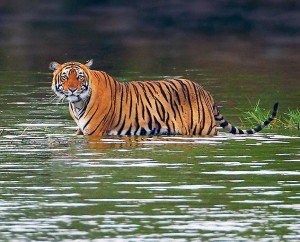
By Road: Ranthambhore is easily accessible by road from all destinations across Rajasthan. If you’re traveling by road, there are many options from luxury air-conditioned coaches to private taxis and local buses of the Rajasthan Transport Corporation, in which you can reach Ranthambhore National Park.

